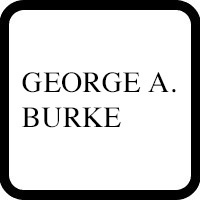M C B H Kaneohe Bay Misdemeanor Lawyer, Hawaii
Not enough matches for M C B H Kaneohe Bay Misdemeanor lawyer.
Below are all M C B H Kaneohe Bay Criminal lawyers.
George Allen Burke
✓ VERIFIEDAccident & Injury, Criminal
George Allen Burke is a practicing lawyer in the state of Hawaii handling personal injury matters.
William A. Harrison
White Collar Crime, Felony, Insurance, Personal Injury, Personal Injury
Status: In Good Standing
FREE CONSULTATION
CONTACTRustam A. Barbee
DUI-DWI, Criminal, Personal Injury, Car Accident
Status: In Good Standing Licensed: 41 Years
Mark Ray German
Criminal, Administrative Law, Wills & Probate, Military
Status: In Good Standing Licensed: 41 Years
Isaac K. Smith
Education, Traffic, Divorce & Family Law, Criminal
Status: In Good Standing Licensed: 42 Years
Kevin O'Grady
Other, Criminal, Indians & Native Populations, Civil & Human Rights
Status: In Good Standing Licensed: 27 Years
Richard D. Gronna
Traffic, Lawsuit & Dispute, Criminal, Accident & Injury
Status: In Good Standing Licensed: 40 Years


